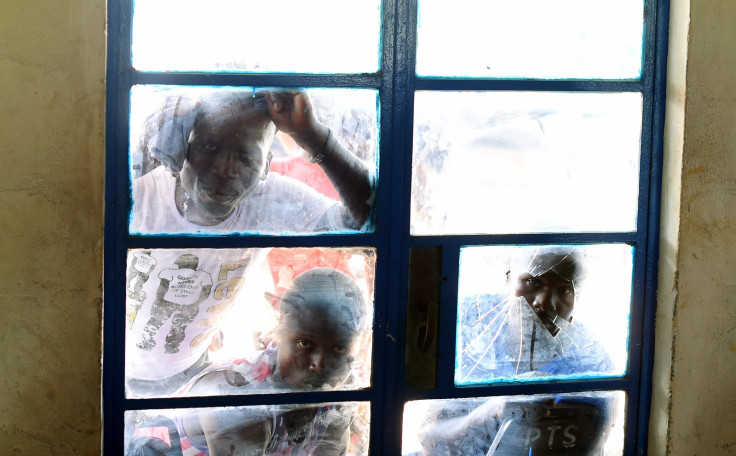Could Sierra Leone revive the death penalty to curb rising violence?
The sensational ritual murder case of DJ Cleff has prompted the government to seek to revive executions.

Sierra Leone could soon witness the revival of the death penalty, after a sensational case has ignited a nationwide debate over whether the country should resort again to capital punishment.
The nation of six million still has the death penalty by hanging for offenders found guilty of murder or treason. No executions have taken place since 1998, after President Ernest Koroma stood by a 1998 moratorium on the death penalty – a move for which he has been widely acclaimed. Despite calls from right groups, however, his government failed to remove the capital punishment from Sierra Leone's law books.
A year-long trial that grabbed national attention and sparked outrage over ritual murders and rising gang violence in September this year, has driven the government to reconsider reviving the death penalty.
On 8 September, two Sierra Leoneans were sentenced to death by hanging at a court in the capital, Freetown, for the murder of popular radio DJ Sydney David Buckle, more widely known as DJ Cleff. After attending the birthday party of one of Sierra Leone's famous witch doctors, Baimba Moi Foray, in May 2015, DJ Cleff was found dead, his body mutilated and missing toes and organs.
Against a backdrop of rising gang violence in Sierra Leone's urban areas, spurred by the recent Ebola outbreak which ravaged the nation's economy leaving young people unemployed and homeless – the public demonstrated a widespread support for tougher punishments, which it believes would help deter would-be criminals. 'Ju-ju man' Foray, also known as LA Chocolate, and his bodyguard, Foday Amara Kamara, were sentenced to death over the ritual murder of DJ Cleff.
Minister: 'We will kill when the state demands it'
A week after the sentence, Internal Affairs Minister Paolo Conteh told Radio Democracy the government was ready to execute people found guilty of murder in order to curb violence and the rampant killings in the country.
"It's in the bible, an eye for an eye. Our local people say kill a dog in front of another to know that death is real," Conteh said.
"We will kill when the state demands it [...] I have called on the Director of Prisons to clean the gallows so that we will not be found wanting when the situation arises"
The minister added: "I have given instructions to the prison officers to clean and ready the tools and machines used to kill people, as reckless killing is on the increase. We have lost a lot of people through reckless killing and ended wasting resources feeding such prisoners for several years. This is unacceptable."
In another interview, this time with AFP, Conteh said Sierra Leone had not been executing convicts "due to a presidential moratorium, but considering the increased lawlessness and violence in society we have to kill as prescribed by law".
Right groups: Government's populist decision-making
When he came to power in 2007, Koroma pledged not to carry out any executions during his time in office. Koroma's second five-year term ends in 2018.
Sierra Leone's last execution was in 1998, when a firing squad publicly executed 24 soldiers for taking part in a military coup, at the height of the nation's decade-long civil war which left up to 300,000 dead and millions displaced.
Human rights groups, described Conteh's U-turn on executions as a populist decision, used as a smokescreen for the government's struggles to tackle the root causes of the country's problems – corruption, poverty, and poor governance. Since the minister's comments, however, media have highlighted how the government has "largely backed away from the issue".
According to Amnesty International, in May 2014, Minister of Justice Franklyn Bai Kargbo told the United Nations that the country planned to remove capital punishment from the legislation, and that death sentences would be commuted to life imprisonment.
© Copyright IBTimes 2025. All rights reserved.






















